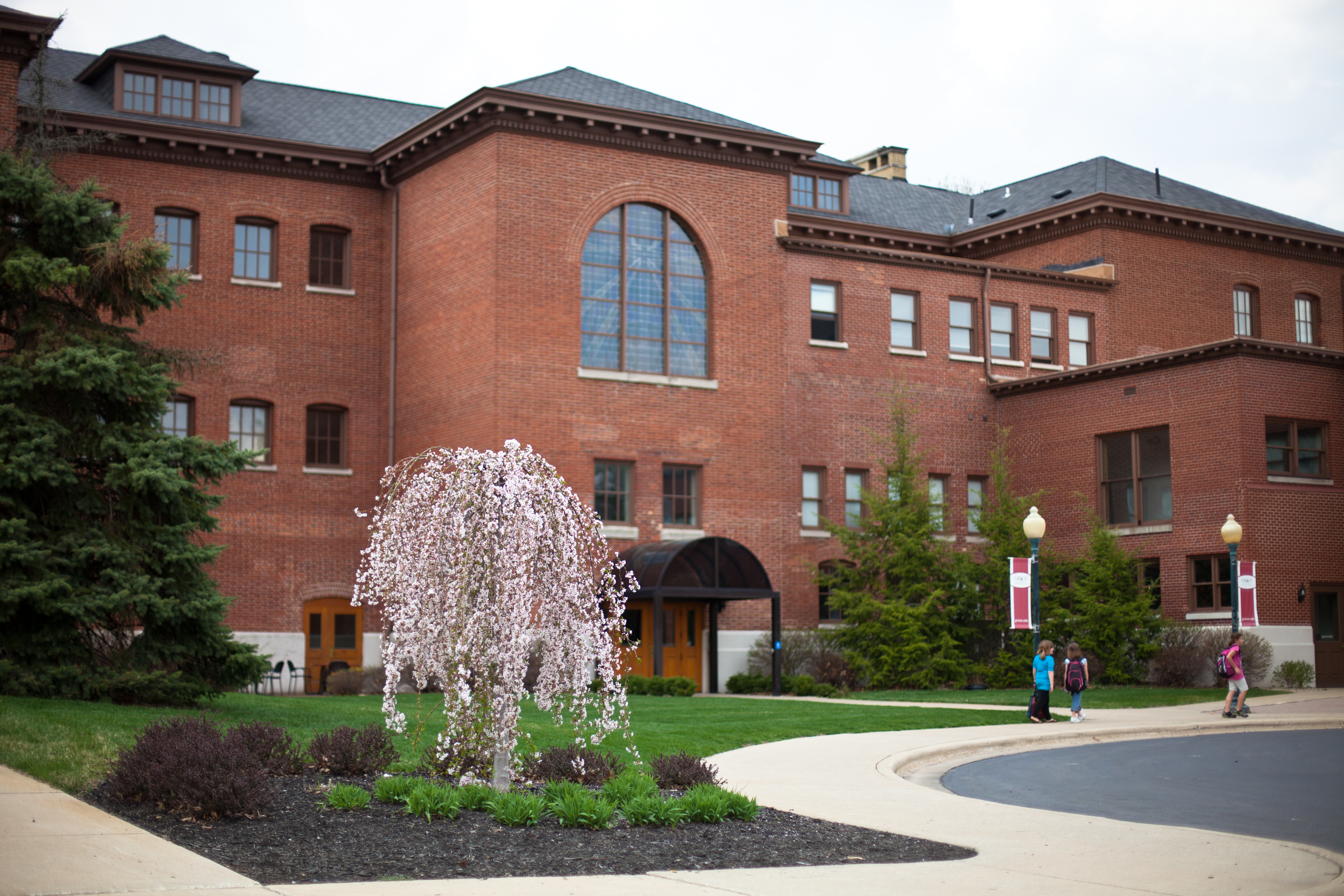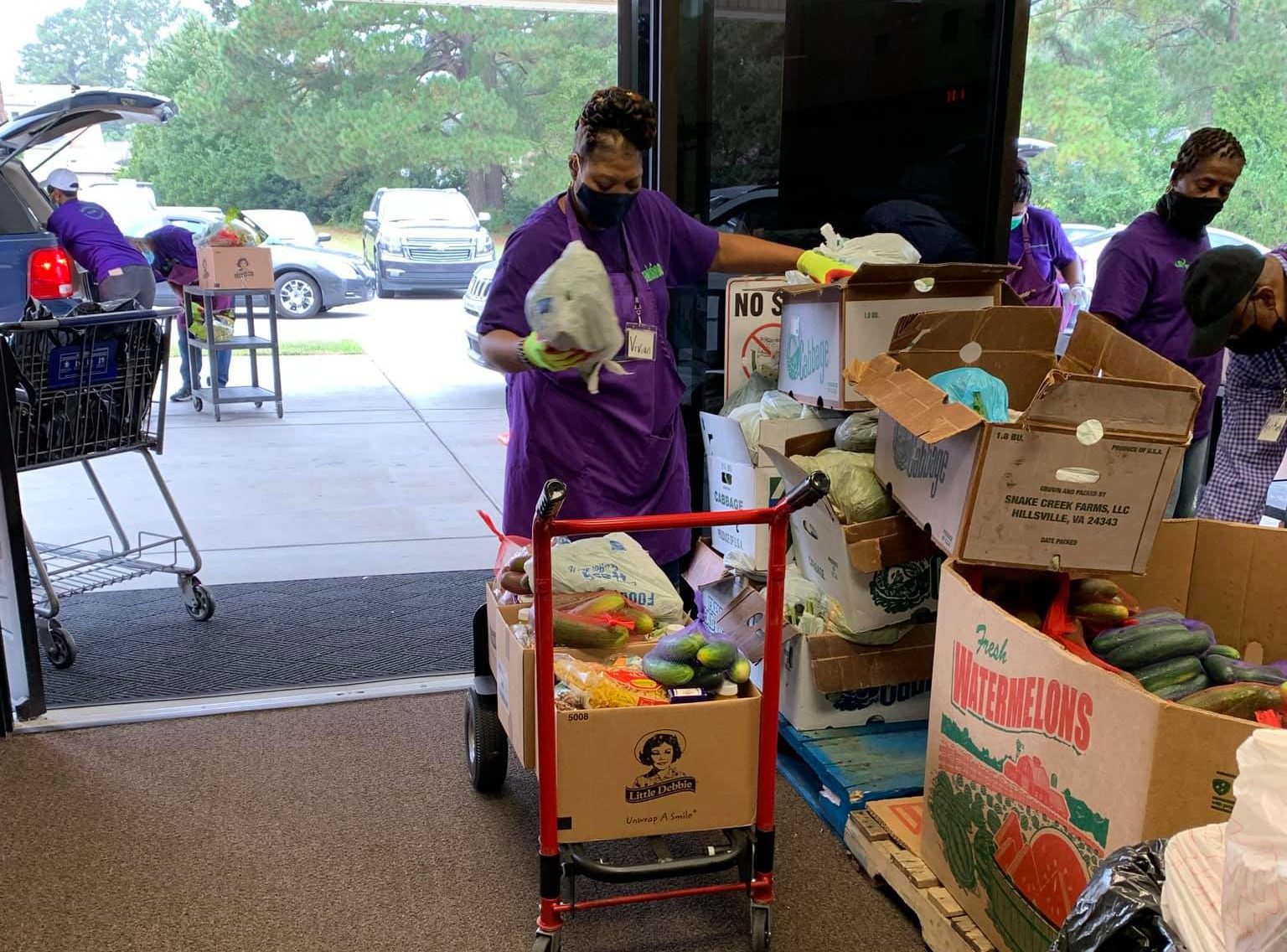June 9, 2020
Intensive Intervention: 9 Summer Tips for Children with Significant Disabilities
Tagged With Masters Programs
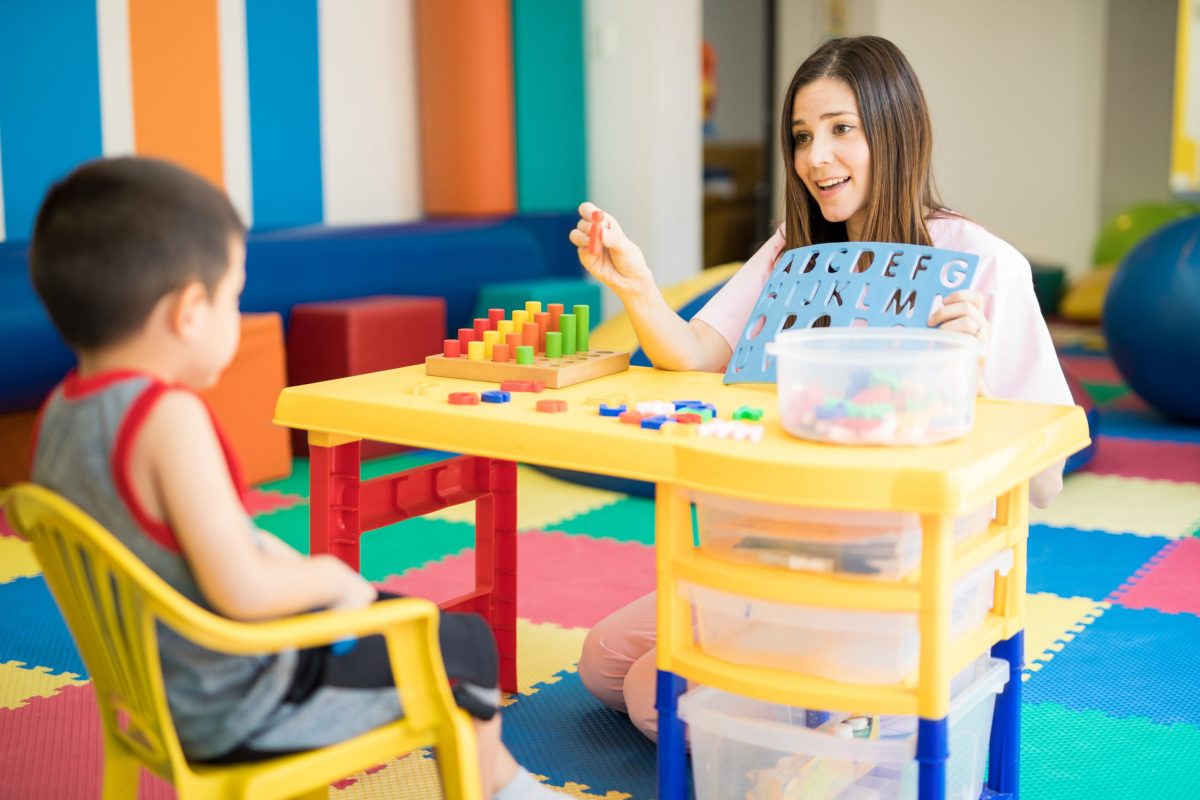
Every child is unique in the way they communicate and learn. If you’re a caretaker or parent, you know this to be true! Working with a child who requires intensive intervention is a challenging but rewarding field of work, especially when it’s a part of your daily life. If you’re struggling to know how to best care for your child who requires intensive intervention through the chaos of summer, we’re here for you. Each child is different, as is each caretaker, and not every routine and technique will work for your situation. But caring for students with exceptionalities always works better when supported by a community of friends and experts.
Here is advice from five experts with specializations in intensive intervention and a combined 65+ years in education for making this summer with your child a positive experience for you and them!
Build a Routine
School is extremely structured with schedules and routines all day long. Then we come home for the summer and many children lose that familiar regimen. Routines provide structure and predictability, which are vital for all of our children, but especially those with significant disabilities. Having an orderly, yet flexible, schedule for the day will help your child become more independent. The predictability of knowing what comes next gives children a sense of calm and allows them to feel in control.
If I know that we always get dressed after breakfast, I feel confident and comfortable getting my clothes and trying to do it on my own.
Provide your child with choices occasionally within this routine to increase his or her ownership over the day. Your routine can be as basic or detailed as your family needs it to be. The important thing is that everyone knows what’s coming next so that there are limited surprises.
Practice Imitation
Imitation is a great way to have fun and encourage reciprocal interactions. Imitating actions can be verbal or non-verbal. When your child is engaged in an activity, like playing with blocks, imitate what he or she is doing with them. If your child is stacking them, create your own stack and stack one on top when your child does. If your child is clacking the blocks together, do the same thing right after your child does it. Do not expect a response. If your child responds and does the action again, repeat the action with your blocks. This can be done with any toy. If your child is engaged in a gross motor or large motor activity, imitate the action. For instance, jump when your child jumps. Or if your child makes a sound, imitate the sound.
Model Expressive Language
Encourage language through speaking, signing, or pictures. Choose an activity, like playing with blocks. As you stack the block on top, say “on top” and do not expect your child to say the word or words. When the blocks fall, you can say “fall down”, “oh no”, or “they fell down”. You can make a tower, and afterward, take your child’s hand and say “One, two, three, go!” and knock them down together. Another idea is to blow bubbles and as you pop one, say “pop”. You can encourage communication by blowing the bubbles. Before doing so, say, “I blow bubbles.” Continue to comment as they pop.
Get Your Child Involved
Remember, everyone can do some part of every task and activity. Get creative and get your child involved in whatever the rest of the family is doing. Even the smallest moments of participation will give your child a sense of accomplishment and belonging. If everyone else is playing a game of Chess, get them involved, even if all they can do is hold one of the pawns and watch. Consider giving your child chores, or steps within chores. He or she may not be able to unload the dishwasher on their own, but they can open the lower cupboards so you can put the dishes away.
Having tasks to do and feeling a part of what is going on will help your child feel important and loved!
Try Something New
New and fun experiences pop up during the summer months all the time. These might include gardening, attending a pool party, or taking a walk at a local park. However, new activities that are fun or enjoyable for neurotypical children can be negative experiences for our children with disabilities. Many times these new summer activities include the use of tools (shovel, garden gloves, etc.) or social norms (taking turns on a slide, walking on the right side of the trail) that are new to our children with disabilities. One way to assist our children in participating in any new activity is to provide a visual schedule. These can include pictures for our nonreaders or words for our readers. Providing a visual schedule of the new activity reduces anxiety, allowing the child to feel more comfortable because he or she can see what is expected. The visual schedule of the new activity can include details like who is going to participate, what tools will be used, how long the activity will last, and what social norms are expected. You can also implement a reinforcer or an activity to follow the new summer experience.

Connect Daily Living Activities with Education
Many daily living activities can be connected to academic skills, such as cooking, sorting laundry, cleaning and organizing a room. Caregivers might want to consider reinforcing a child’s abilities in these areas as some of these tasks may also help develop academic skills.
Don’t Expect Perfection
Struggling to accomplish a task is expected and a part of the learning process. Take the opportunity to observe how your student progresses through tasks. It’s okay to struggle in order to achieve long-term goals! Encourage all progress, no matter how small.
Don’t Compare your “Insides” with Everyone Else’s “Outsides”
As you head into summer, there will be lots of perfect looking vacations and summer activities posted by your friends on social media. This may make you feel alone or frustrated with the work and patience it takes to do a simple summer activity when it appears so effortless for others. Keep in mind, we will never know the real story behind any perfect picture and it is a waste of time to compare what is happening in your home to what you see others portray themselves to be on social media! Your celebrations and activities may not look so picture-perfect, but they can be just as fulfilling when the focus is on small accomplishments and realistic expectations.
Practice Self-Care and Coping
Be patient with yourself! Adjust your daily activities and shift your own expectations to be realistic and focus on what can be accomplished for that day. Give yourself small breaks. Attempt to control self-defeating statements and replace them with more helpful thoughts. Reach out for support from friends, family members, or professionals. You don’t have to do this alone!
Want to learn more about teaching children with special needs? Grace College’s community of Special Education students and teachers has got you covered. Our Special Education Major is taught through a biblical perspective and prepares and equips you for the field of teaching students with disabilities. If you are looking for the best colleges for teaching students with significant disabilities, you should know we offer an online Intensive Intervention Licensure program.
Caring for children with special needs is a journey in and of itself, but definitely not one you will have to do alone!
Get to Know The Experts Behind the Advice
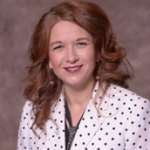 Dr. Tara Rinehart
Dr. Tara Rinehart
Dr. Rinehart currently serves as the Director of Special Services in the Metropolitan School District of Wayne Township, located on the west side of Indianapolis, IN. Prior to her time in Wayne Township, Dr. Rinehart worked for the Indiana Department of Education. During this time, she assisted school districts to develop processes that would ensure they met compliance requirements. In addition, Dr. Rinehart has also worked as a building principal and a special education teacher. Her time in these roles has provided her with invaluable expertise as a transformational leader in education. Dr. Rinehart is the course instructor for Policy & Practices in Intense Interventions at Grace.
 Professor Lindsey Lortie
Professor Lindsey Lortie
Lindsey Lortie is currently the Director of Programming at Blue Jacket, Inc., where she leads a pre-employment soft skills training program designed for adults with intellectual and developmental disabilities. Prior to Blue Jacket, she worked in public education for 13 years, first as a special education teacher at the elementary level and then as a special education program supervisor. Her areas of focus are intensive interventions, behavior management, and data collection. She has a Master of Arts in Special Education, a Certificate of Autism, & a Certificate in Applied Behavior Analysis from Ball State University. She and her husband have three fun-loving, adventurous children and live in the country with their big dog, Moose, and all of their chickens! Professor Lortie is the course instructor for Assessment, Instruction & Intervention Supports for Significant Disabilities at Grace.
 Dr. Kathleen Mentz
Dr. Kathleen Mentz
Dr. Kathy Mentz is currently the District Dean of Preschool Special Education for Elkhart Community Schools in Elkhart, IN. She has been with Elkhart Community Schools since 2005, first as a Speech Language Pathologist and the director of Preschool Assisting Children’s Education (PACE) since 2013. She oversees Developmental Classrooms and therapy services for special education preschool students from ages 3-5. She has a Master’s of Science degree in Speech-Language Pathology from Purdue University and a Doctor of Education degree in Educational Leadership from Ball State University. Her passion is preschool and preparing children to be ready for school and life. Dr. Mentz is the course instructor for Seminar in Intense Intervention: Communication, Behavior, & Health.

Dr. Cheryl Bremer
Dr. Cheryl Bremer is the Dean of the School of Education and Program Director for the Intense Intervention Graduate Program at Grace College. Dr. Bremer has spent the last 12 years at Grace College building the special education program in the School of Education. One of the highlights of her job is being the faculty advisor to the Grace College Council for Exceptional Children. This student-led organization focuses on professional development, campus awareness, and community outreach and is the largest student chapter in the state of Indiana. Dr. Bremer has a B.S. in Music Education with a minor in special education from Grace College. She received her M.S. in Special Education from Indiana University and her Ed.D. in Special Education from Regent University. She has taught special education at the elementary and middle school levels and also owned and operated a Kindersmusik Studio in Indiana for 10 years. Dr. Bremer lives in Winona Lake, IN with her husband, Chris, and her 3 high school and college-age children.
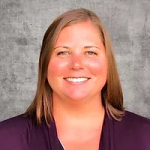 Professor Jennifer Phillips
Professor Jennifer Phillips
Professor Phillips has spent the last 16 years in public education. She was a teacher for students with significant disabilities in intense special education classroom settings for 15 years. Jennifer is currently the Director of Special Services at Wawasee Community School Corporation. Jennifer has a bachelor’s degree in elementary education and special education from Manchester University, a master’s in education from Indiana Wesleyan and has recently completed her Special Education Director’s License from the University of Indianapolis. She and her husband recently built a house in North Webster where they live with their three children; Wyatt and Lincoln who are 8 and Radley who is 5. They enjoy traveling in their camper in their spare time as they are trying to visit all the states in the continental US. Unfortunately, the coronavirus has paused their efforts, but they look forward to getting back on the road next summer! Professor Phillips is also the course instructor for Collaboration & Transition Across the Lifespan at Grace.
